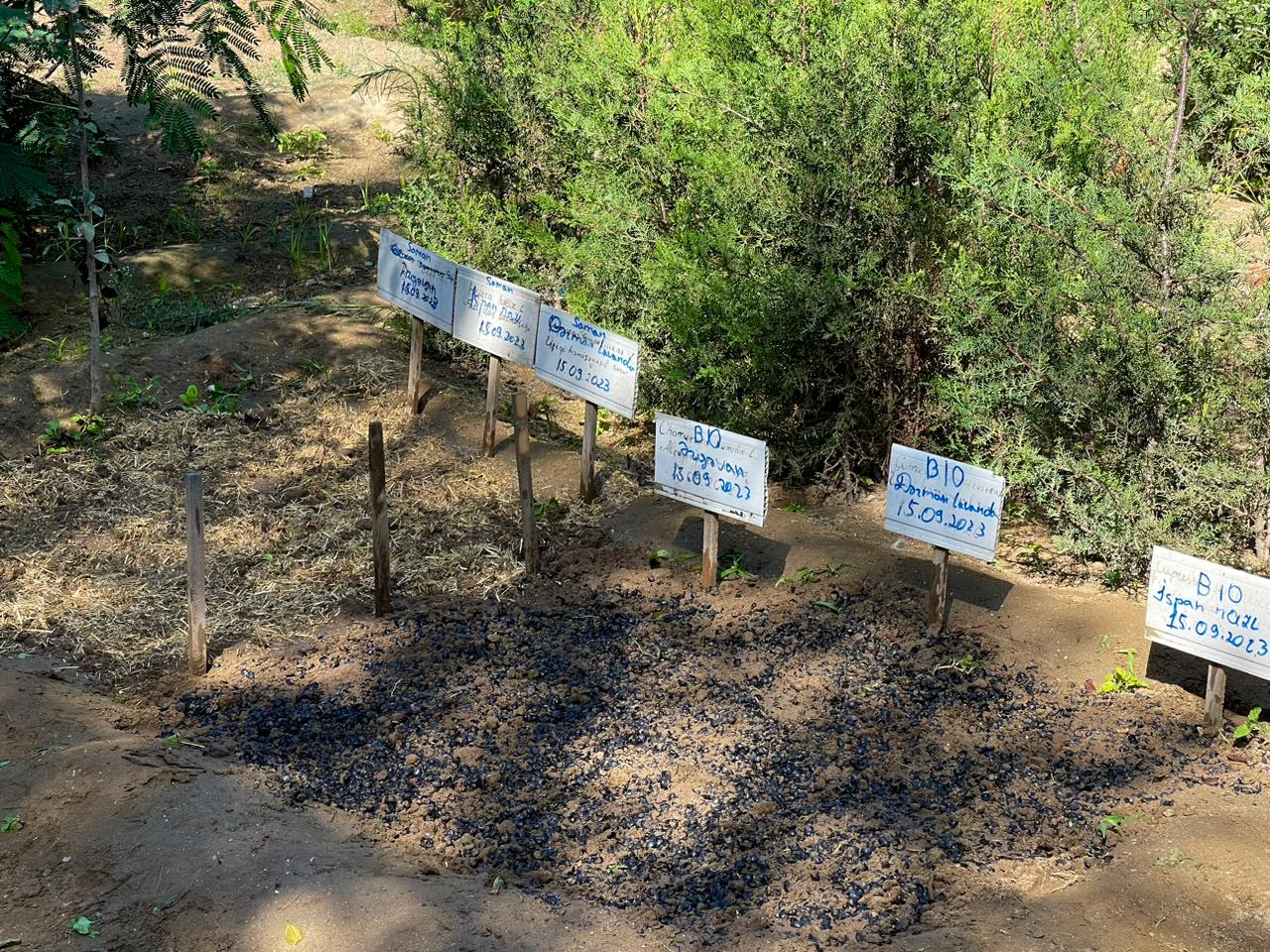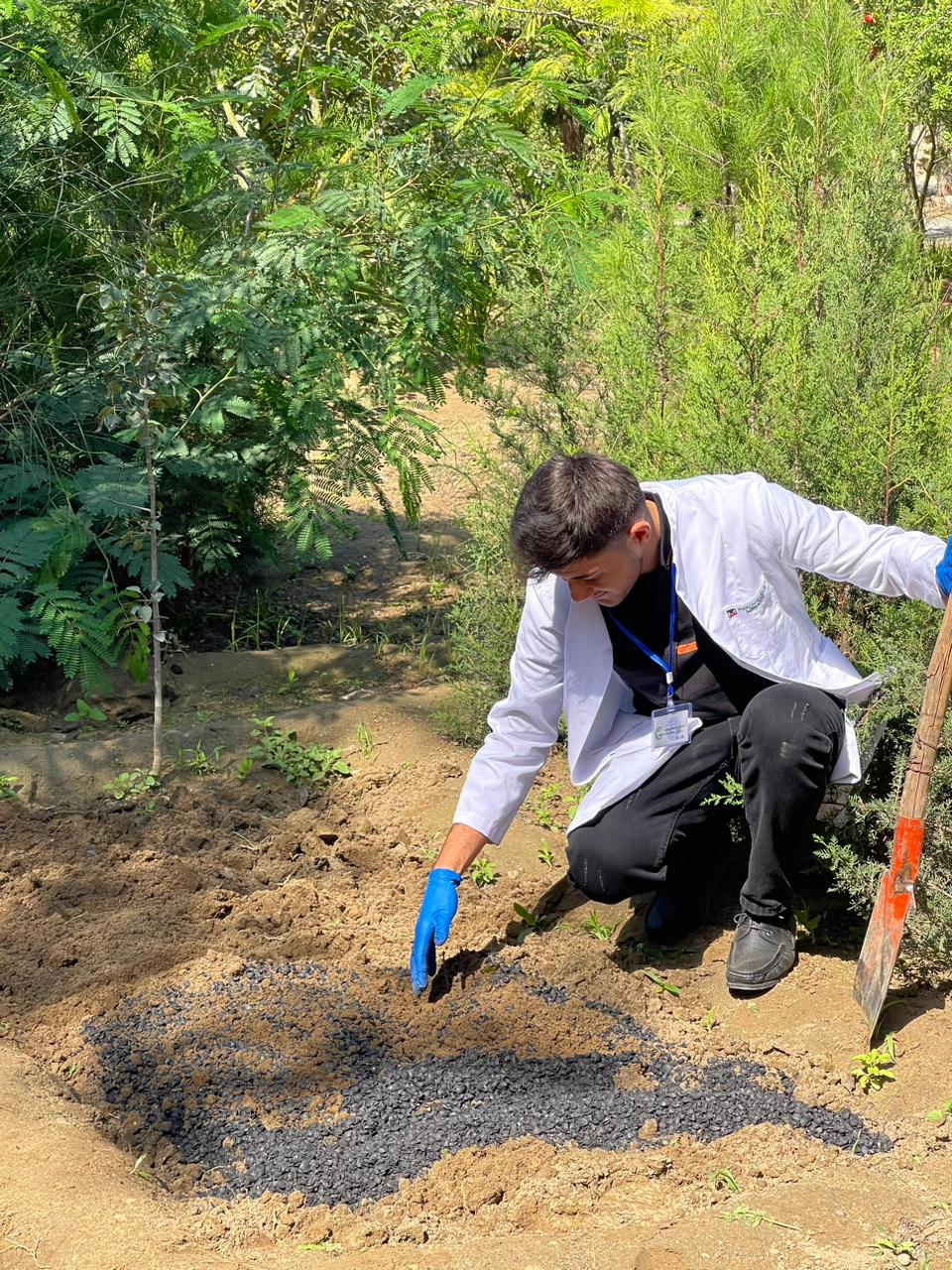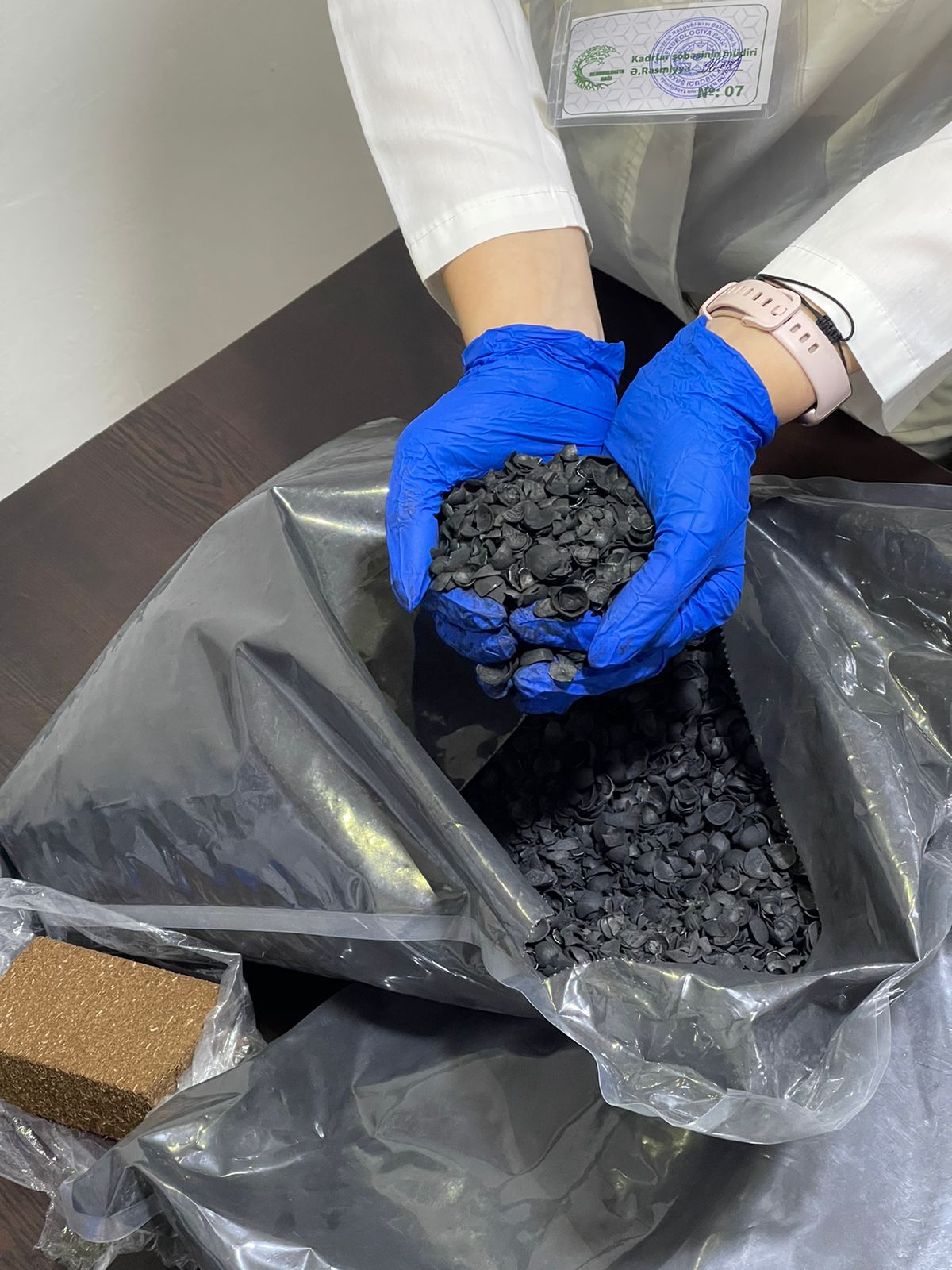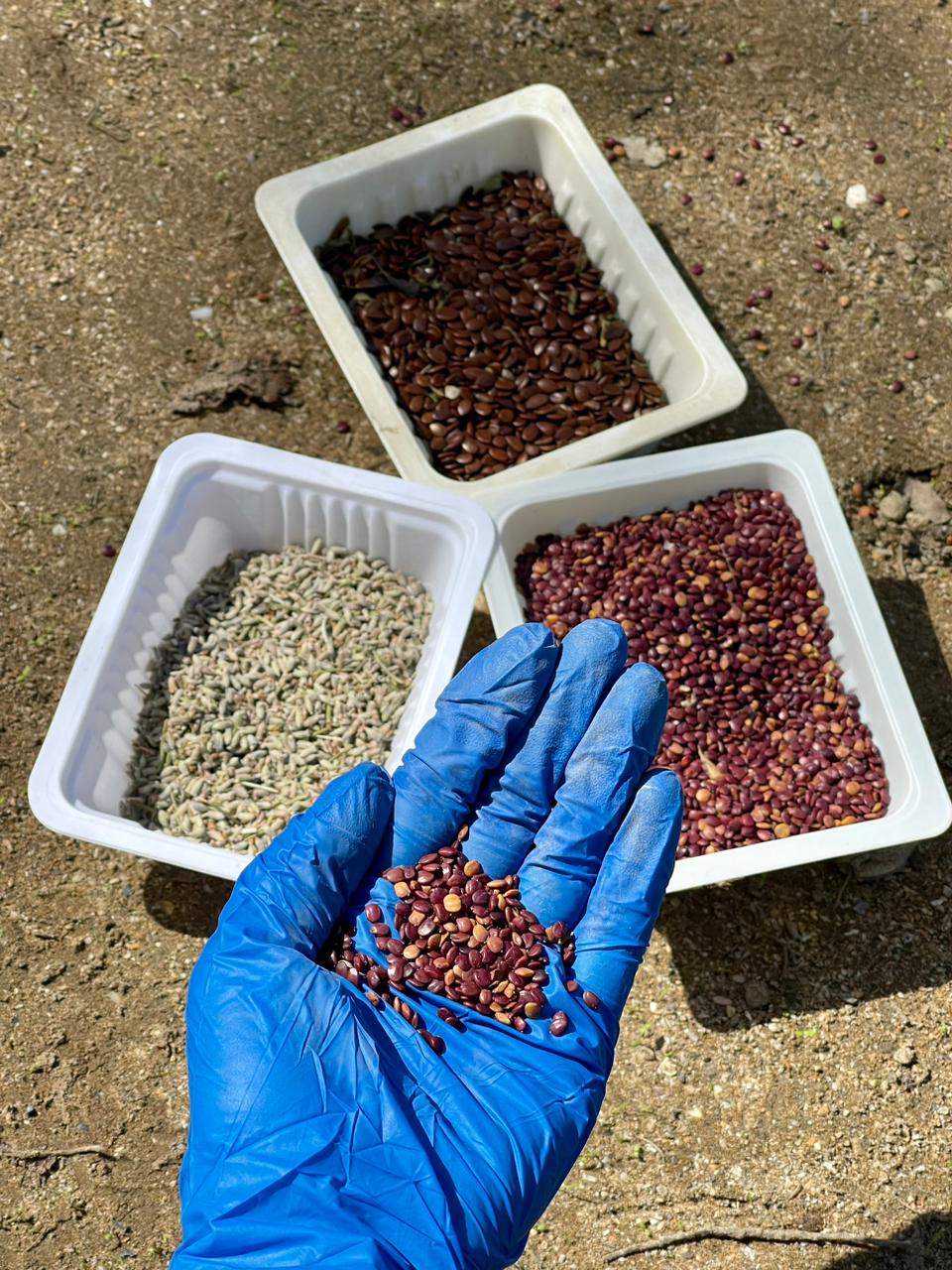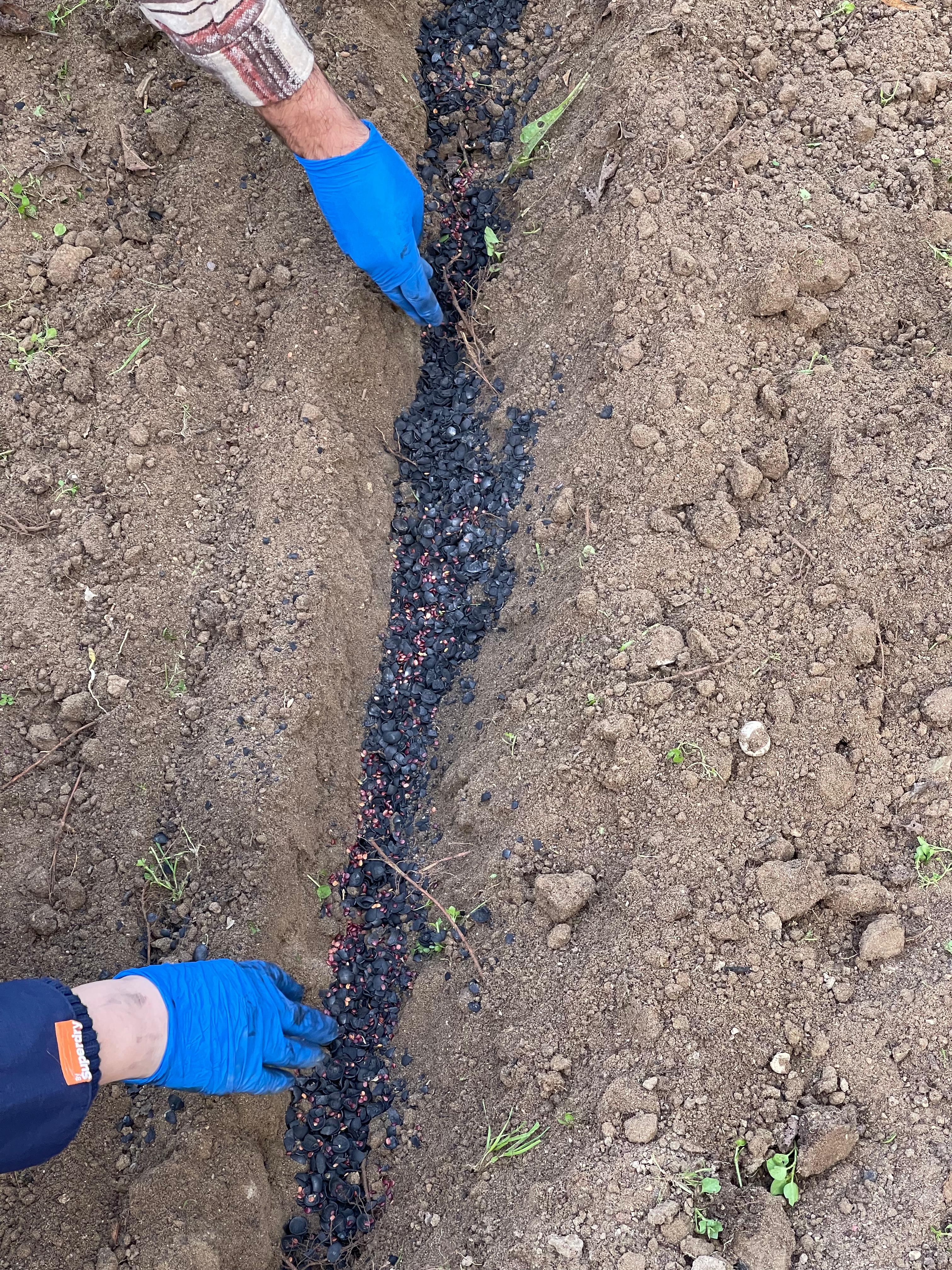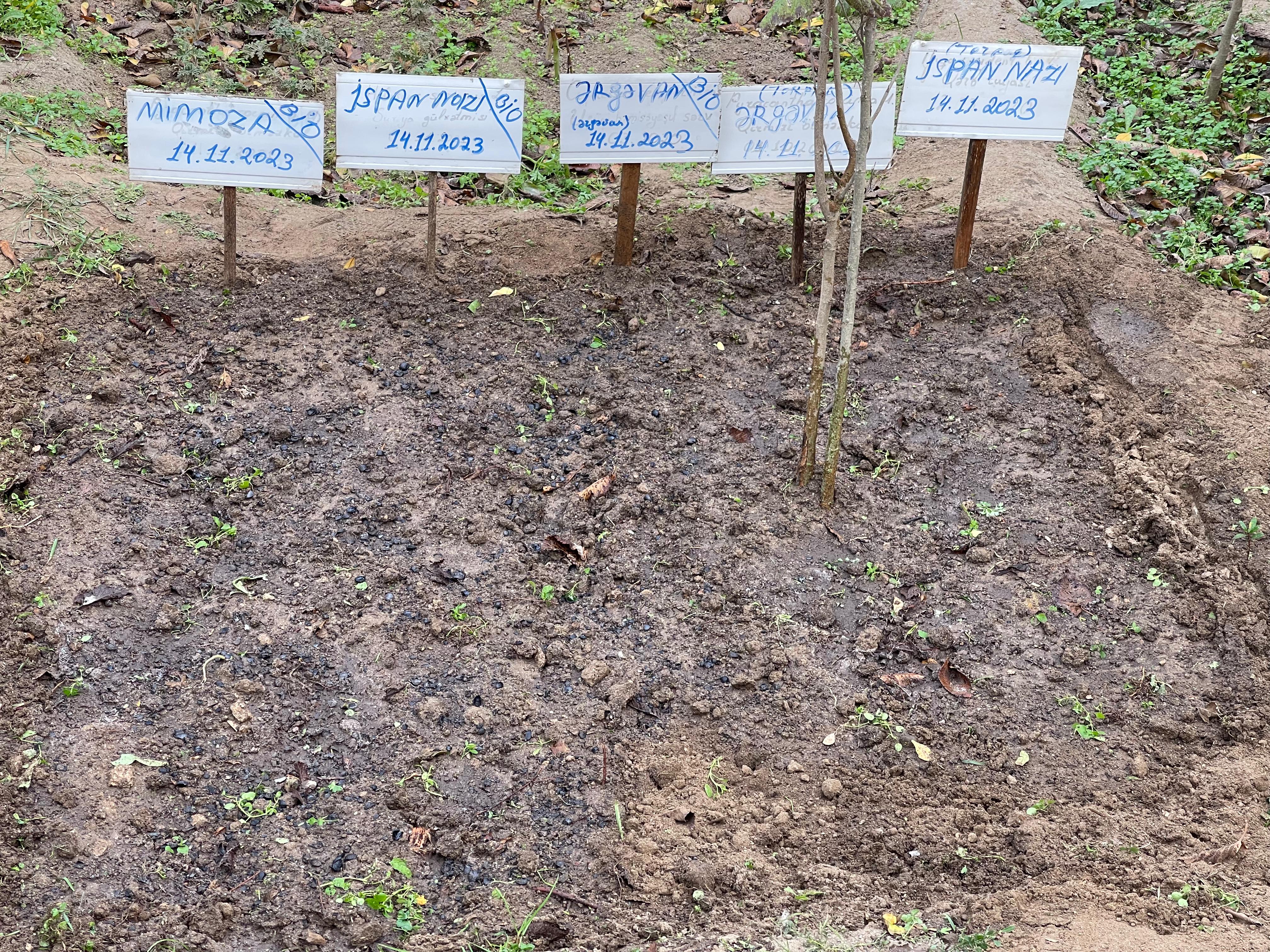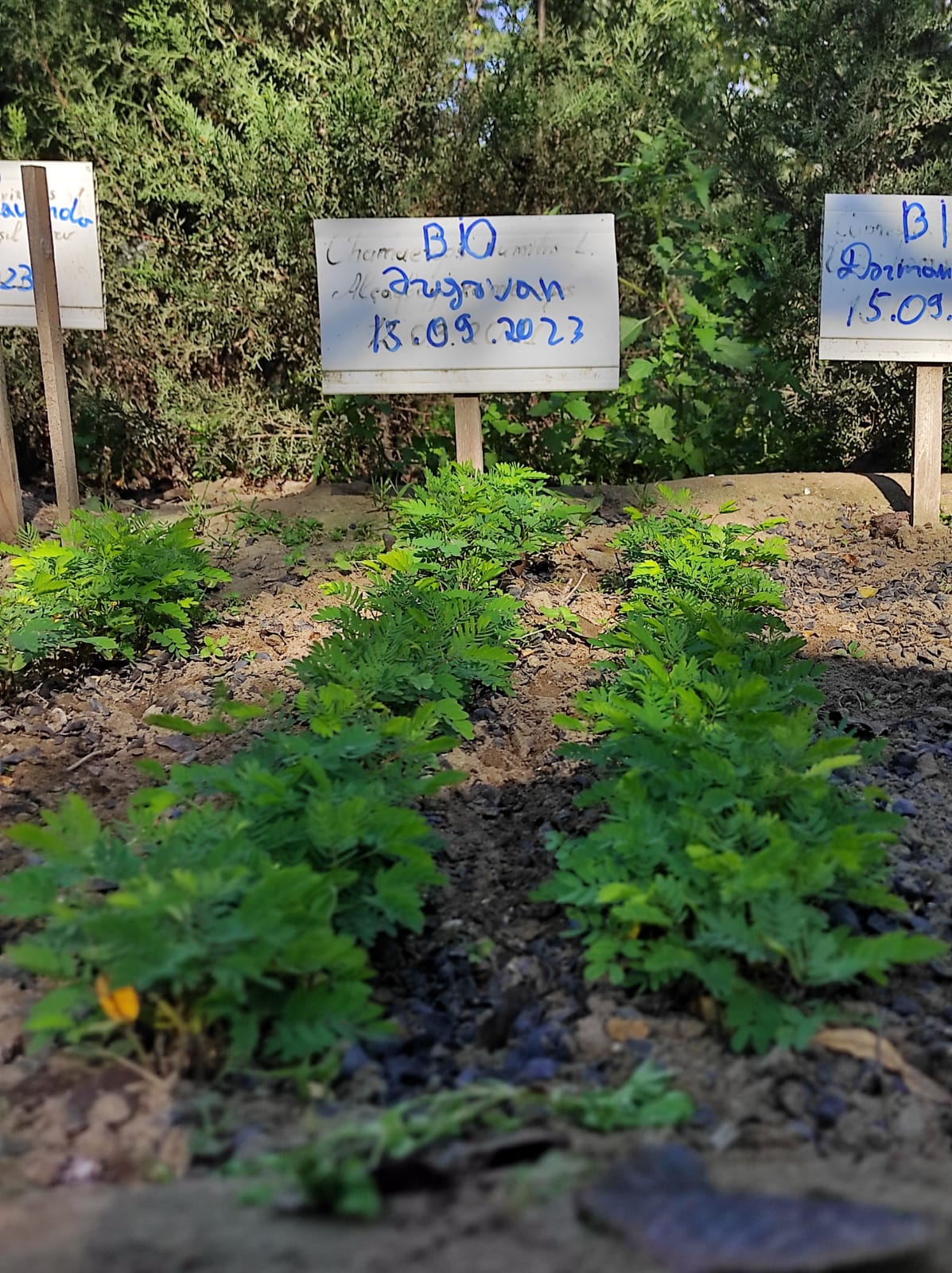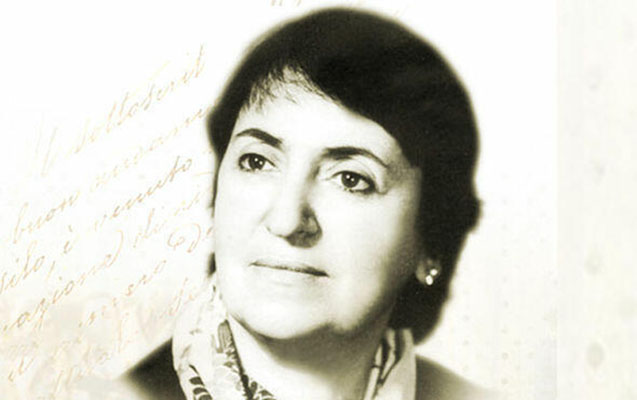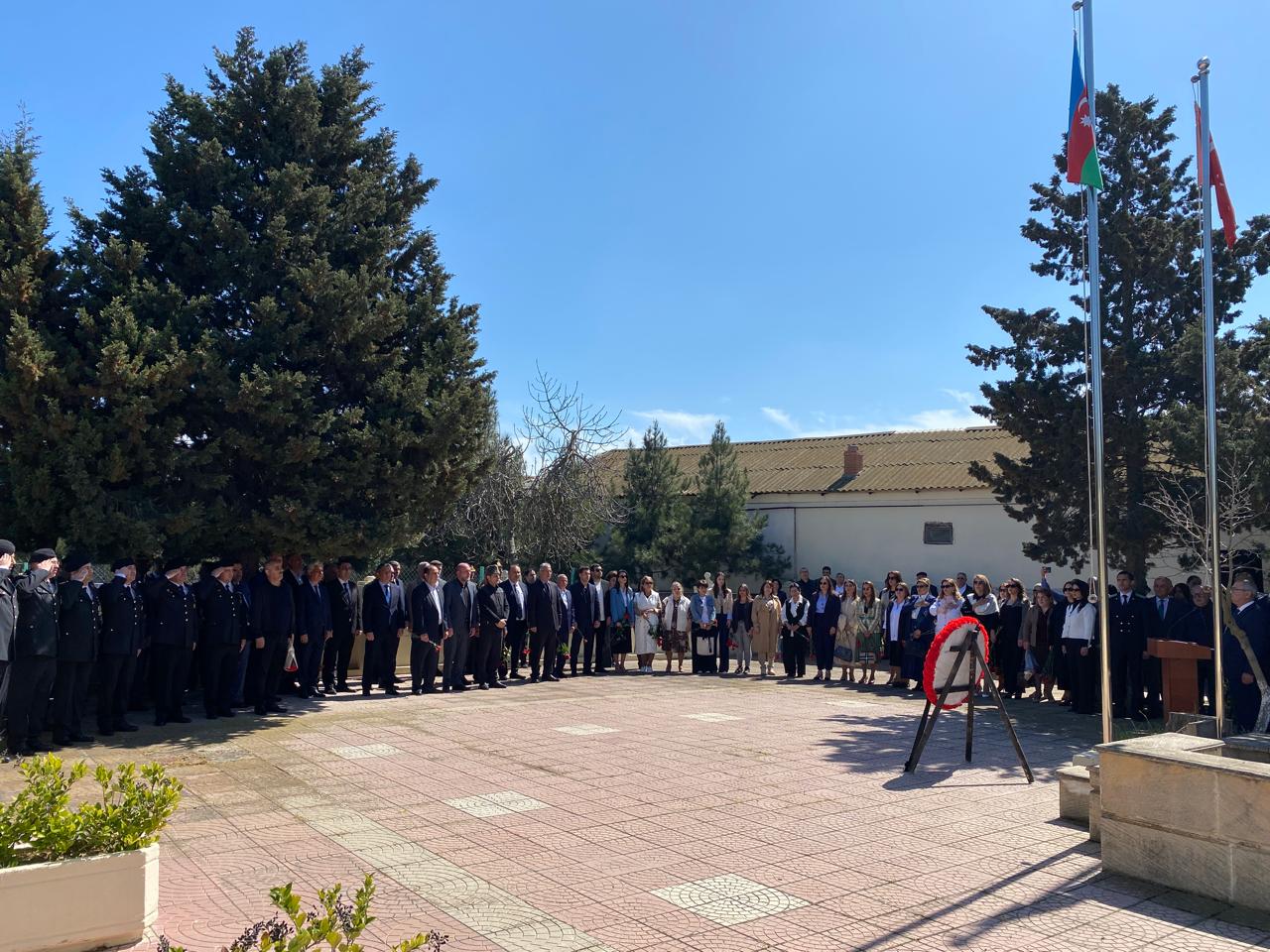Biochar fertiliser is applied in research areas of Dendrology Garden
In our modern times, the use of organic fertilisers that don’t have a negative effect on living organisms and the environment has become a priority. The application of new methods should make the soil easier to fertilise, be economically efficient, and maintain water reserves in the root system of plants for a long time. The soil cover of the dendrology garden located on the Absheron peninsula is gray-brown, sandy, and the amount of humus is up to 1.5.
PH-7.0-7.1 in the soil is higher than normal and its main composition is Ca2+, Mn2+, Cu2+ elements. Due to low fertility, unstructured soil requires regular fertilisation and agrotechnical maintenance. The employees of the "Ecology and Acclimatization" laboratory of the public legal entity "Dendrology Garden" in order to improve the granulometric composition and fertility of the soil in the garden territory use "Biocoal" or "Biochar" obtained as a result of pyrolysis (heating) of biomass residues such as wood chips, rot, sludge, compost and green waste in an oxygen-free environment. ” fertilizer is applied.
"Biorfe Organic Farming Sam. Tic. Ltd. Shit. " located in Kayseri, Turkey a research study was carried out in order to evaluate the effect of BIOCHAR fertiliser obtained from the company at different temperatures. At the initial stage (on September 15, 2023, at a temperature of 22°C and a relative humidity of 68%), Lavandula angustifolia Mill., Cercis siliquastrum L., Genista hispanica L. species were mulched in a ratio of 1:1 and 1:1 2.5 kg of biochar was planted on the applied soil. The mulching material obtained from Neftchala region was added to the prepared area in a comparative manner, it was found that the soil where biochar was applied was more fertile and water holding capacity was higher. The work on the other stage of the research was continued, (on November 14, 2023, the temperature was 13°C, the relative humidity was 71%) Cercis siliquasturum L., Leucaena pulverulenta Benth. and Genista hispanica L. seeds were planted in the research area.
In one part of the planting material, biochar was applied by fully mixing it into the soil, and in the other part, seeds were planted without adding any fertiliser. The used biochar fertiliser is important in solving problems caused by climate change, preventing degradation, desertification and protecting soil resources. Biochar improves soil quality and water holding capacity, holds 6 times more water than its own weight in the soil, helps plants absorb nutrients faster, and its extremely slow decomposition creates humus. For this reason, the biochar-applied planting material developed faster and obtained high quality material.
